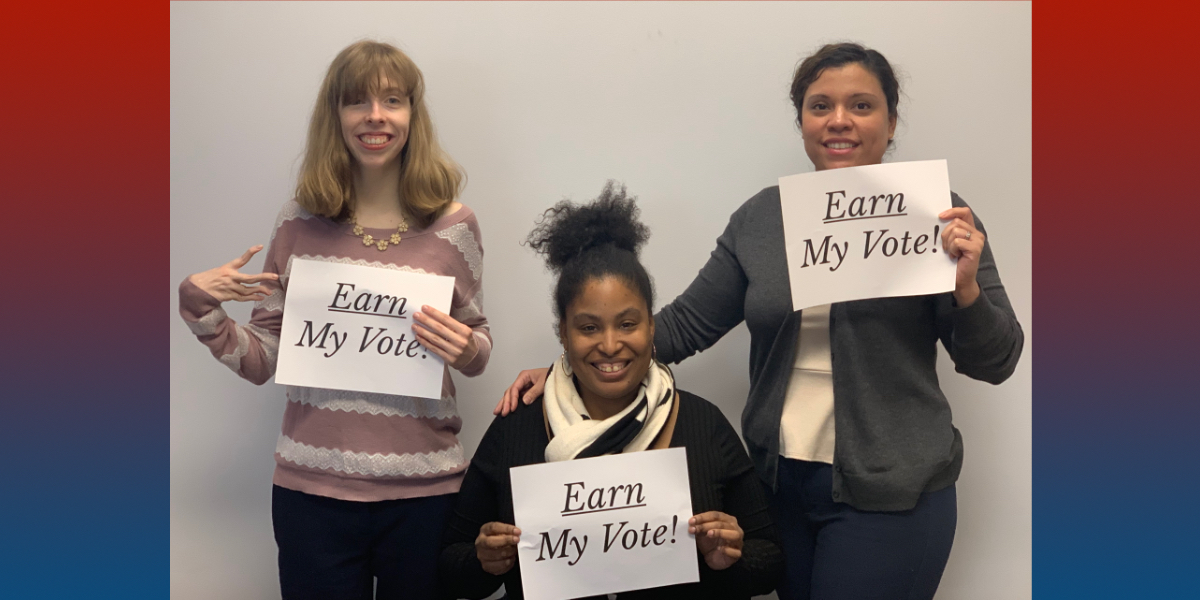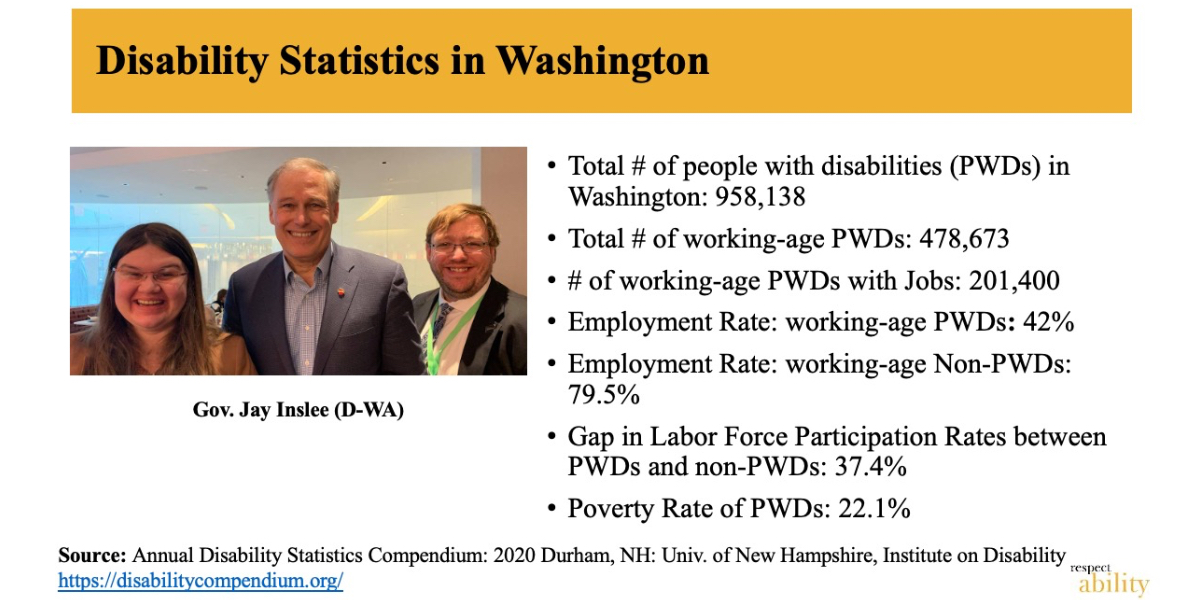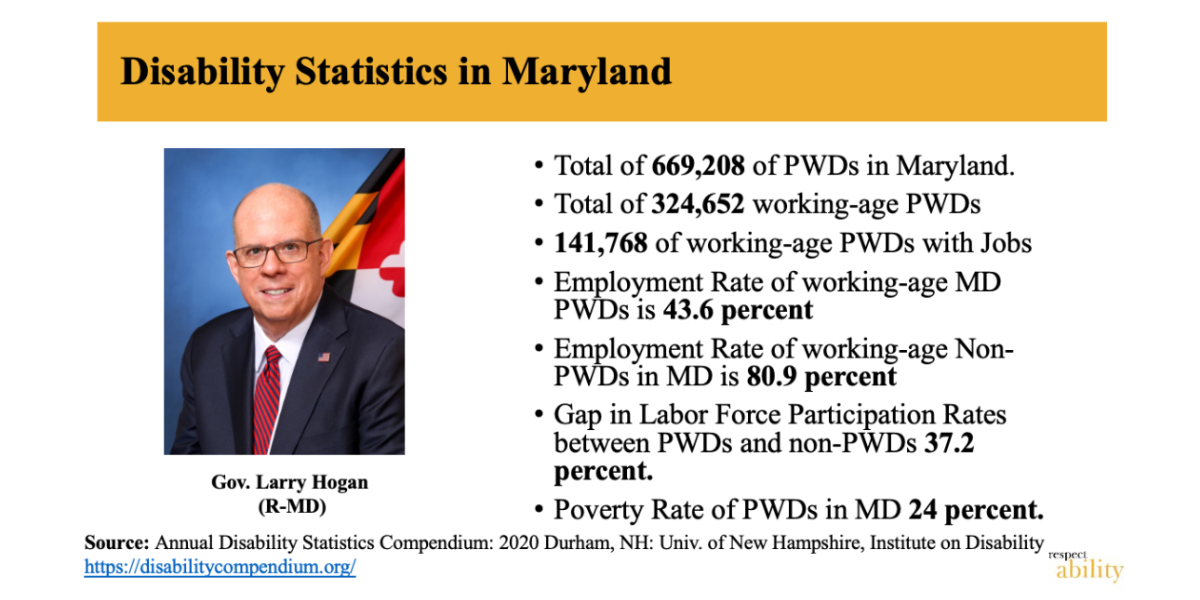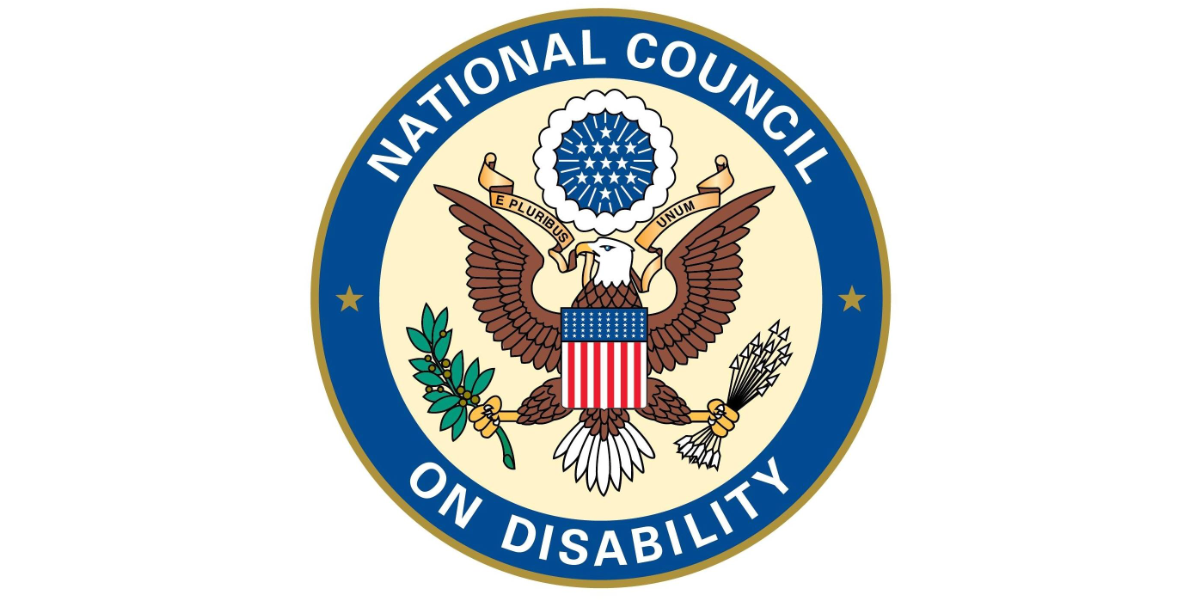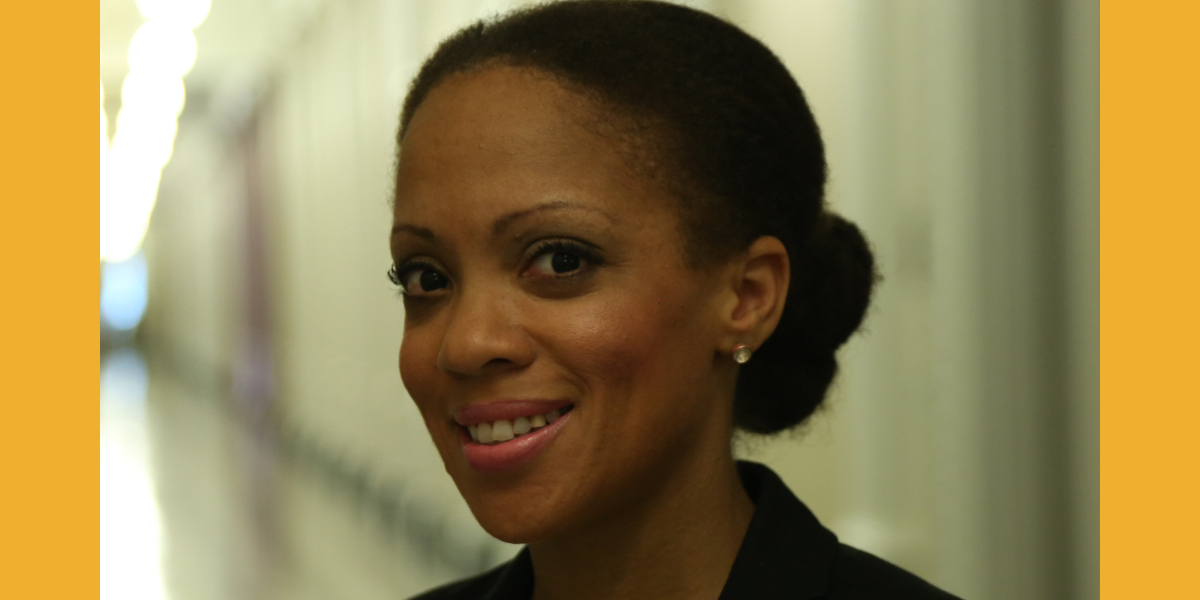Annapolis, MD, June 9 – This week, the Maryland Governor’s Workforce Development Board (GWDB) met to discuss policies and priorities for moving the Old Line State’s economy forward. In response, the national disability inclusion organization RespectAbility weighed in with their perspective on how to advance new opportunities for workers with disabilities and close crucial gaps in Maryland’s economy.
“When it was passed with broad, bipartisan support in 2014, the Workforce Innovation and Opportunity Act (WIOA) invested unprecedented resources into efforts to get people with barriers to employment into the labor force,” said the Honorable Steve Bartlett, former Member of Congress, the former Mayor of Dallas and current Chairman of RespectAbility. “Now, after the pandemic that has reshaped our economy, it is time to implement policies that will drive a truly equitable recovery that helps people with disabilities and other marginalized communities get back to work.”
There are 324,652 working-age Marylanders living with some form of disability. In the economic expansion prior to COVID-19, fully 43.6 percent of them had jobs. However, because of COVID, more than 1 million workers with disabilities have lost their jobs nationwide. Now, as more Americans get vaccinated and more people get back to work, it is crucial that policy makers implement best practices.
